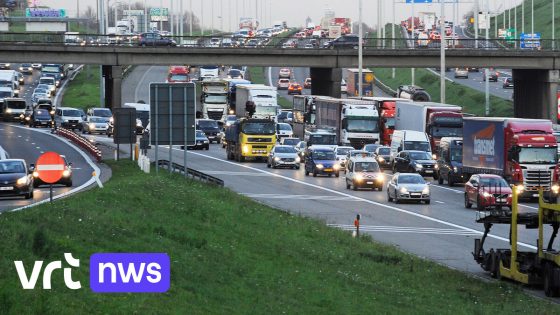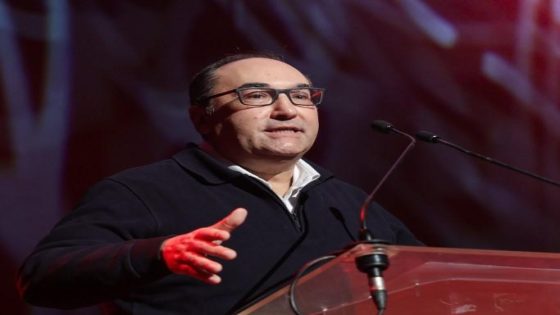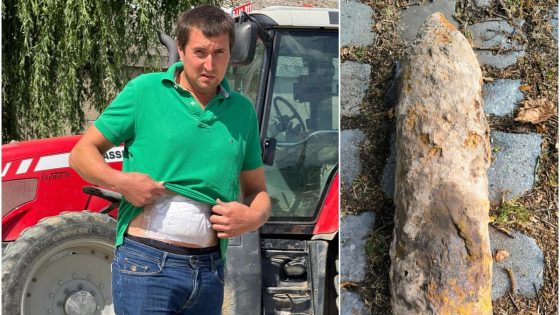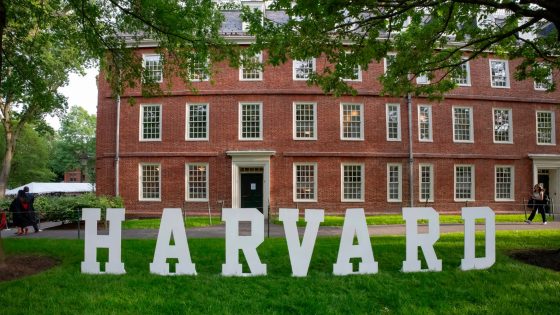The Brussels Ring expansion project has taken a significant step forward after environmental group Dryade withdrew its opposition. The decision, reported on 2025-08-18 11:51:00, marks a turning point for the controversial infrastructure plan affecting the Brussels metropolitan area.
- Brussels Ring expansion proceeds after opposition withdrawn
- Dryade lowers speed to protect nature areas
- Nitrogen-sensitive zones receive environmental protection measures
- Dries Verhaeghe comments on project adjustments
- Legal case ongoing at Permit Disputes Council
Despite the green light from Dryade, concerns remain about protecting sensitive natural areas. To address these, speed limits on the ring road near nitrogen-sensitive zones will be lowered, aiming to balance development with environmental care.
What does this mean for commuters and residents in Brussels? And how will the ongoing legal challenges impact the project’s future? Let’s explore the key points behind this decision.
Why did Dryade change its stance, and what implications does this hold? The withdrawal suggests a compromise but also raises questions about lasting environmental safeguards. Key considerations include:
- Speed limits reduced in nitrogen-sensitive zones to limit ecological impact
- Ongoing case at the Council for Permit Disputes could delay final approvals
- Potential improvements in traffic flow and regional connectivity
- Balancing infrastructure growth with Brussels’ commitment to sustainability
As the project moves forward, monitoring the legal process and environmental effects will be essential. Brussels residents and commuters should stay informed and engaged as this important infrastructure initiative unfolds.
































